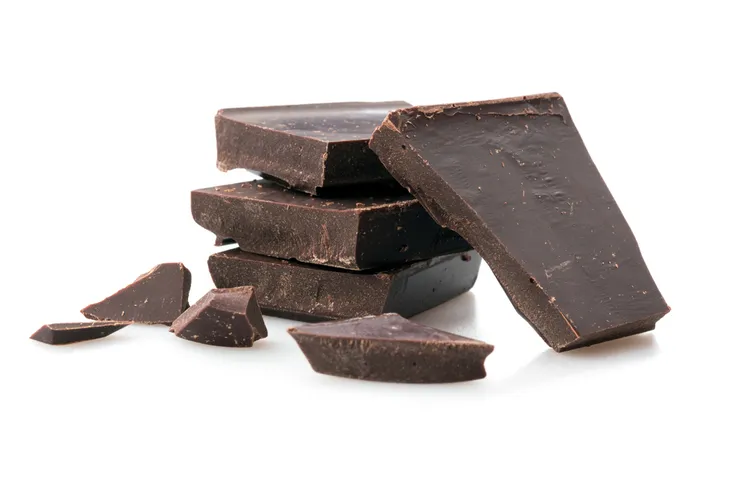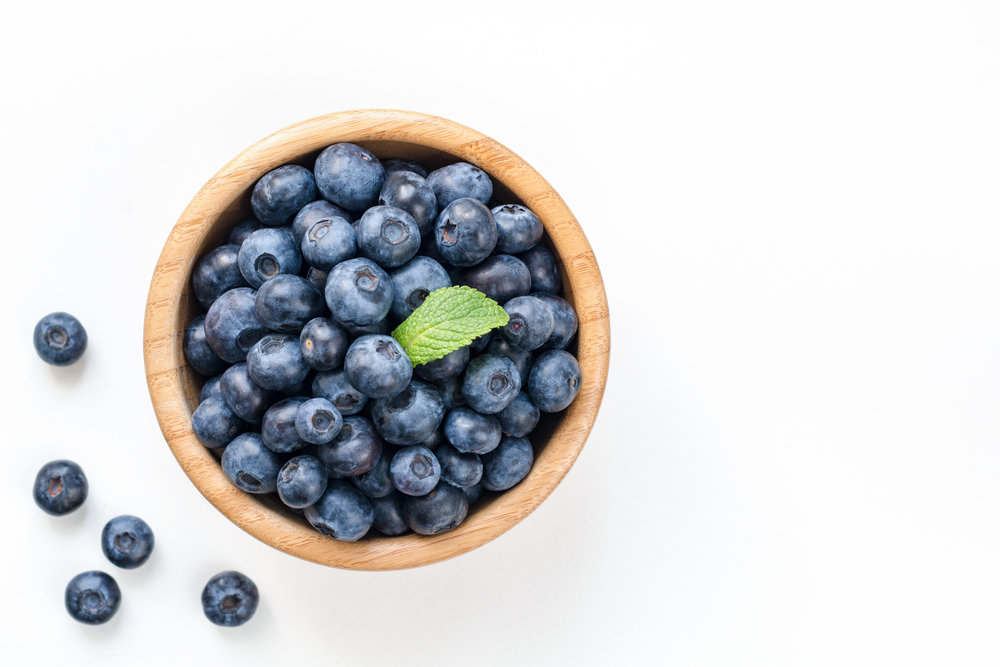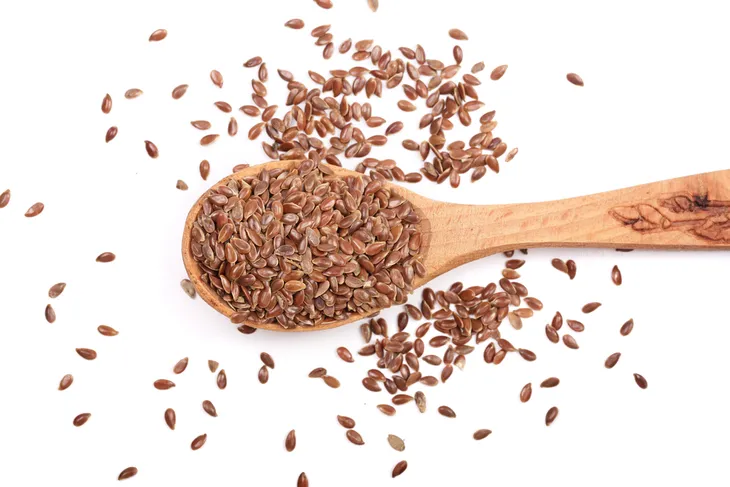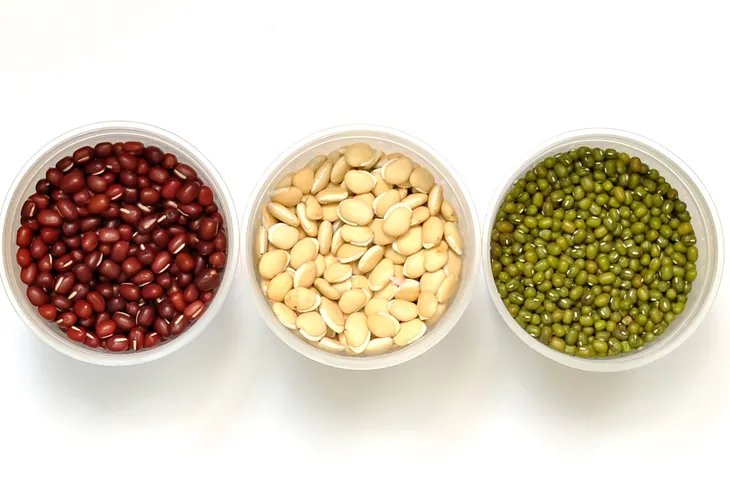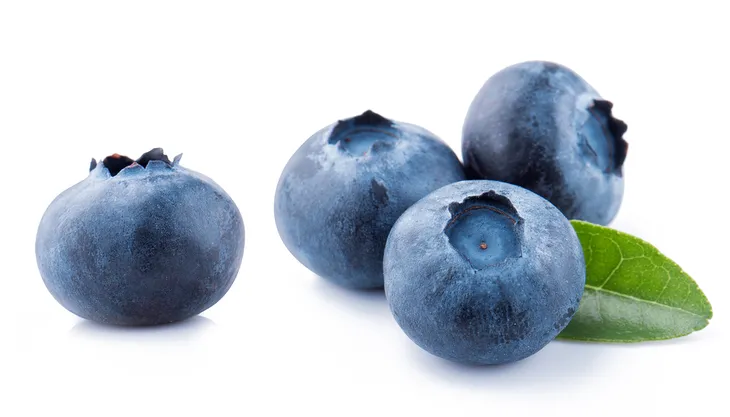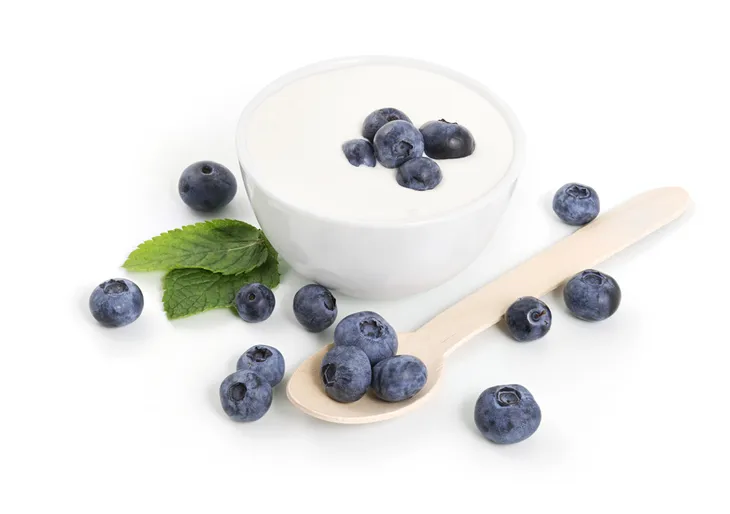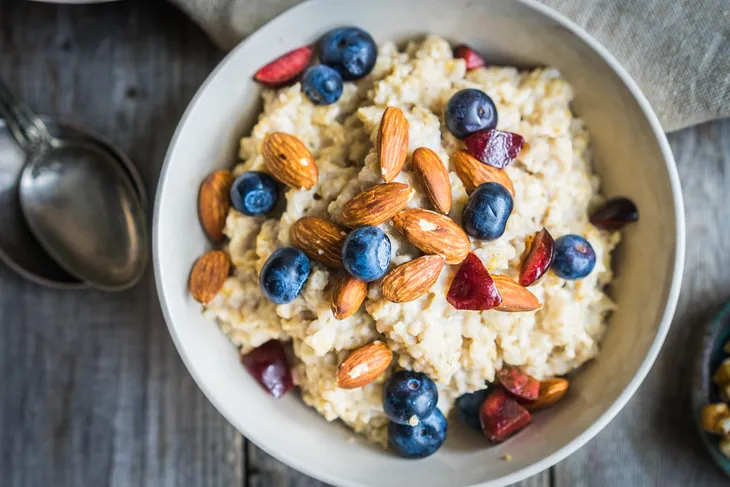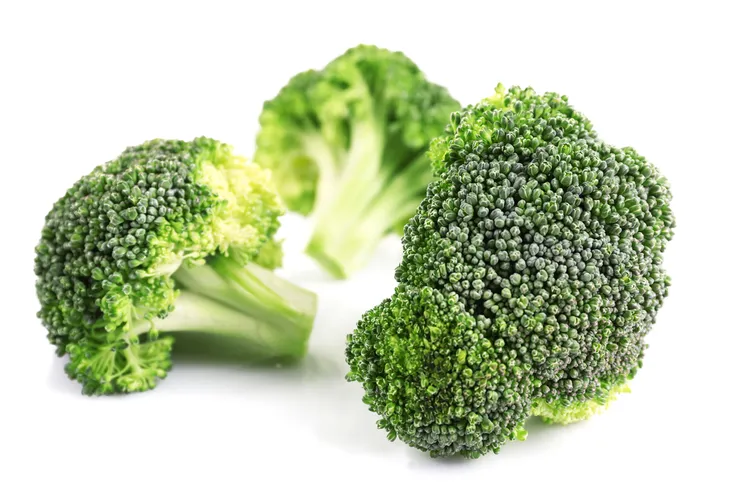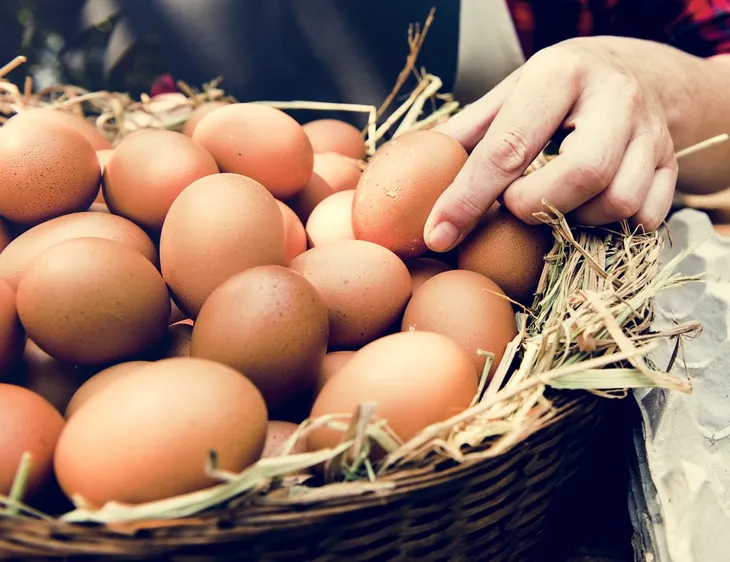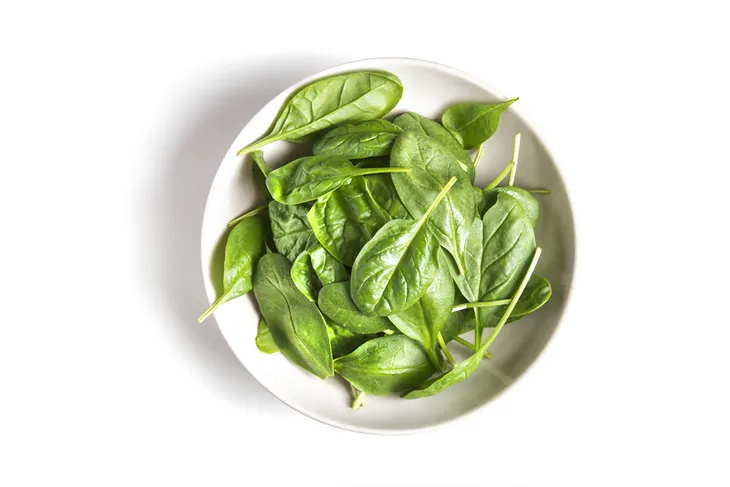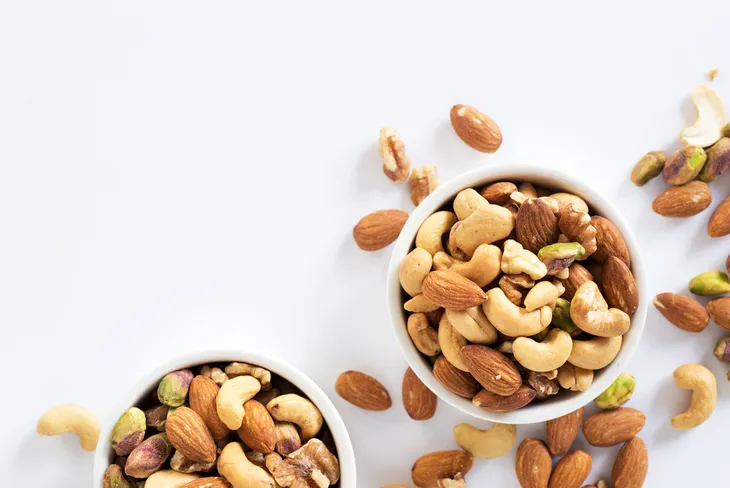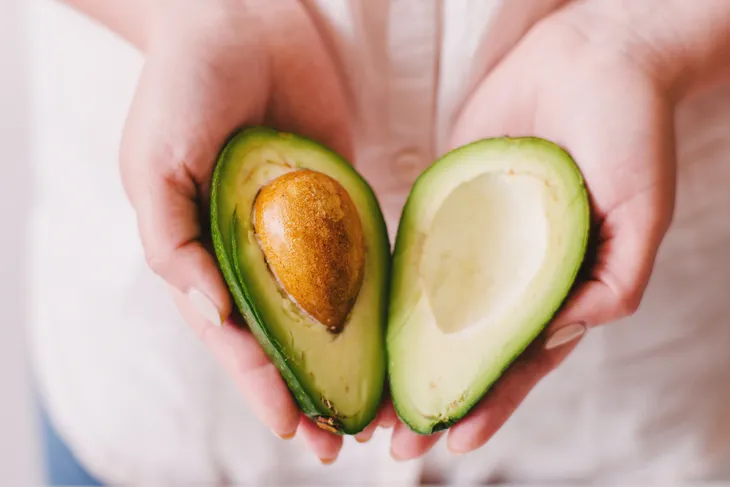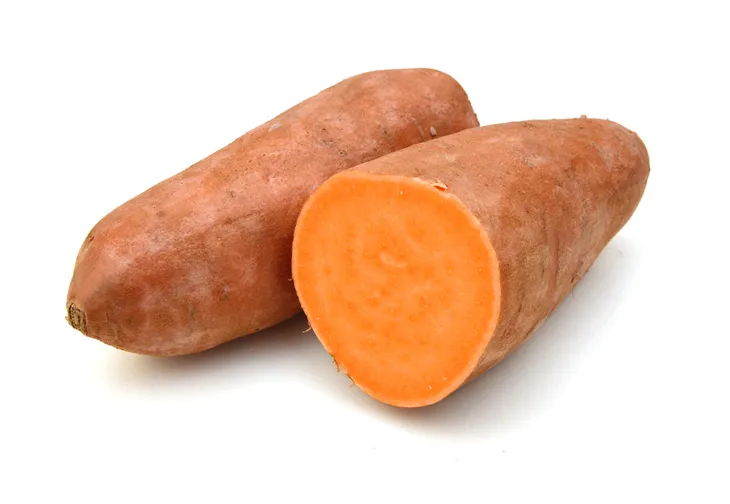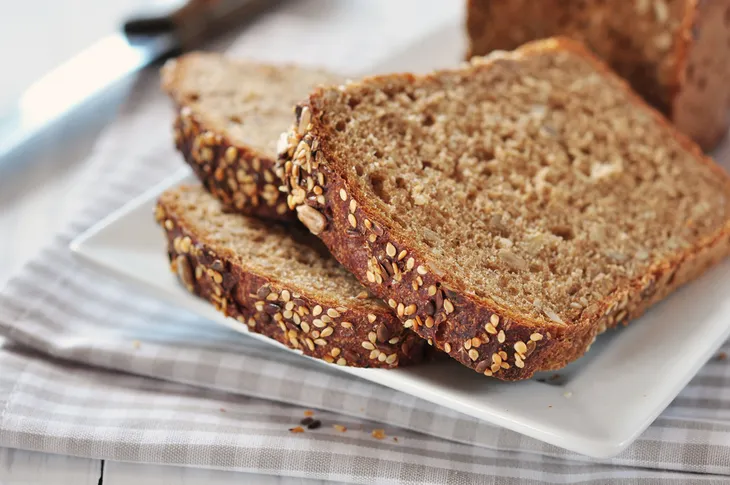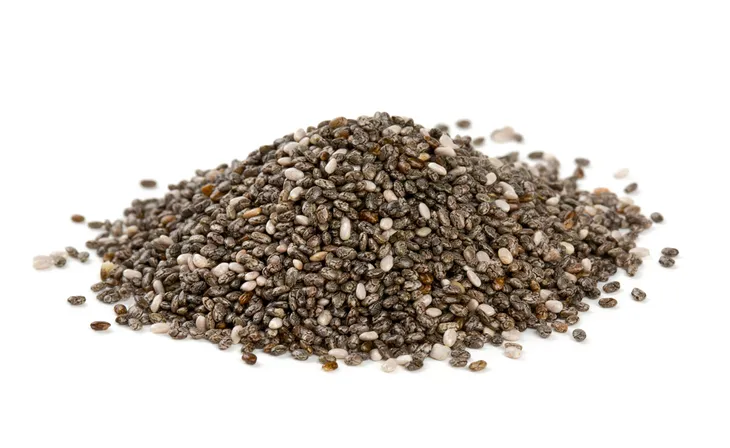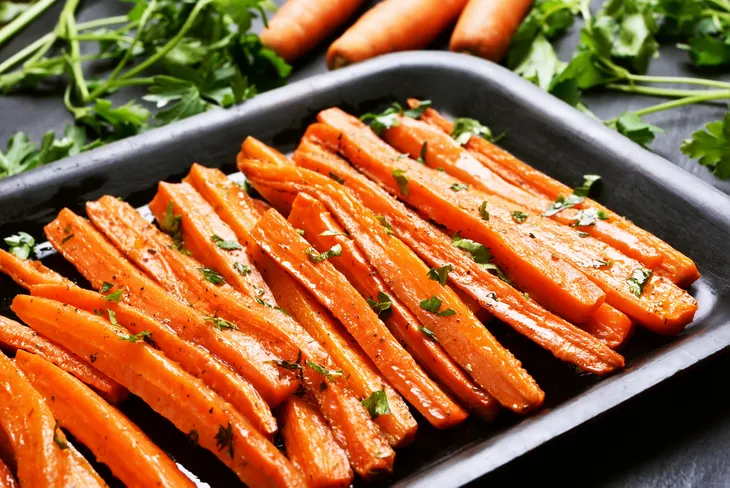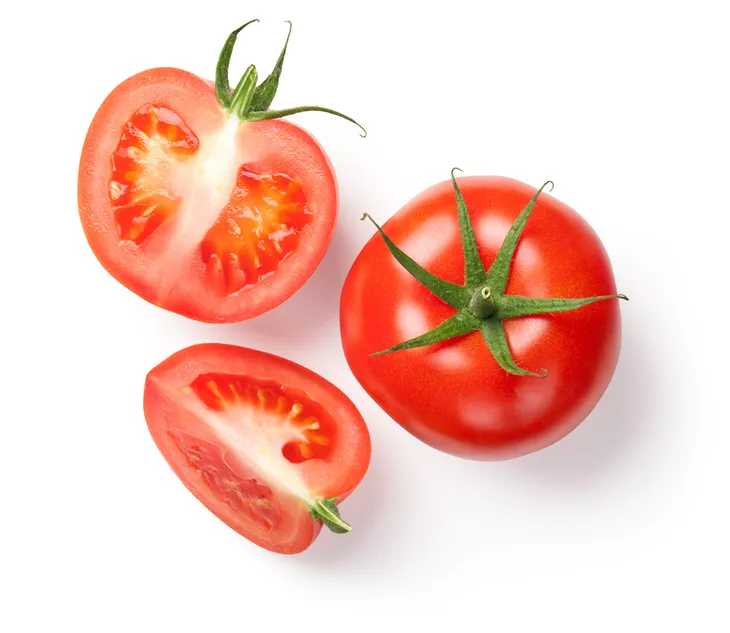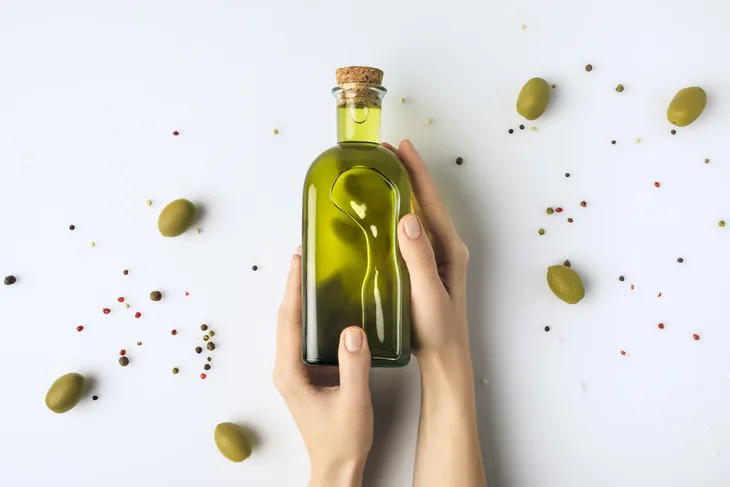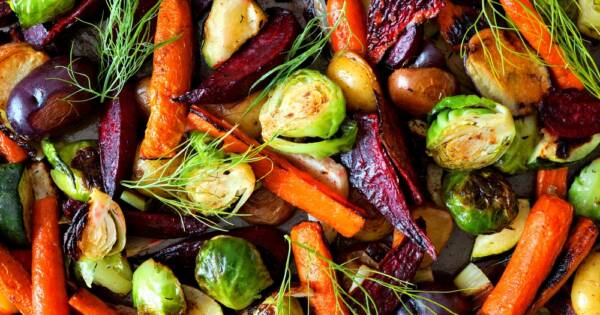Eating healthy is an important part of life. Many of us strive to eat as healthy as possible every day, but are you really consuming the best nutrients for your body? There are countless “superfoods” on the market. These foods boast so many health benefits that they’re referred to as superfoods because of their many super powers.
With so many superfoods available, it’s hard to know which ones offer the most benefits. That’s where we come in. We’ve compiled a list of 19 foods you should be eating every day. If you don’t consume anything else on a regular basis, do your best to incorporate these foods into your diet…
Want diet & nutrition content delivered straight to your inbox? Sign up for our exclusive diet & nutrition newsletter!
Flaxseeds
Flaxseeds are an easy way to add a big dose of fiber into your diet. They can be purchased in the bulk food area of any grocery store and can be sprinkled over salads, fish or any type of meal or snack. To give you an idea of just how healthy flaxseeds are, a single tablespoon of ground flaxseed sprinkled over cereal, yogurt or salad provides an easy 2.8-grams of fiber.
According to numerous medical studies, in addition to fiber, flaxseeds (or linseeds) are a rich source of micronutrients–including essential fatty acid (alpha-linolenic acid), vitamin B1, manganese, and vitamin B1, meaning they are a rich source of heart-healthy omega 3 fats and antioxidants that can reduce the risk of several health conditions, like heart disease, cancer, and type II diabetes.
Beans
Beans, beans the magical fruit, the more you eat, the more you…get a good source of soluble fiber! The soluble fiber found in beans soaks up cholesterol, allowing your body to dispose of it before it sticks to your artery walls. They’re also proven to be one of the best sources of antioxidants.
Beans can be incorporated into your diet in many ways. You can whip up a nice batch of chili with tons of kidney beans, you can serve them fresh or you can work them into a salad. I even sneak beans into my meals, in sneaky places like casseroles and pasta sauces because many types of beans soak up and taste like whatever spices you use in main dishes.
Blueberries
If you’re going to eat any fruit, make it blueberries. Blueberries are a better source of antioxidants than 40 other common fruits (such as strawberries and raspberries). While all berries are healthy (and great sources of antioxidants) you’ll get the most bang for your buck with this delicious fruit. Consider sprinkling them over greek yogurt or using them in a fruit salad.
In fact, blueberries are the mini blue fruit that benefits your insides as well as your outsides. According to research from Rutgers University, eating blues regularly can prevent urinary tract infections (they actually prevent bacteria from attaching to bladder walls and multiplying), and they work to soften dry skin due to their super high antioxidant compounds within.
Yogurt
A single serving of yogurt provides a dose of calcium for the day. In addition to calcium, most yogurts are a great source of probiotics. Probiotics help protect your stomach against harmful bacterias that could lead to infection or illness. Starting your day off with a cup of yogurt (and blueberries on top) will work wonders for your overall health.
Research published by the American Journal of Clinical Nutrition shows that a diet that’s encompassed by regular servings of yogurt, can prevent all types of medical conditions, such as asthma, infections, several gastrointestinal conditions, and cancer.
Oats
If you’re going to kick your day off with a cup of yogurt, consider adding a spoonful (or two) of oats. Oats have been proven to lower cholesterol and blood pressure, making them a great choice for adults looking to reduce these levels. 1 ½-cups (375 mL) of cooked oatmeal or three packets of instant oatmeal provide enough beta-glucan to lower blood cholesterol by about 5-percent and heart attack risk by about 10 percent.
In fact, research reviewed by scientists at the University of Manitoba, in Canada, found that foods high in beta-glucan, like oats, decreased risk factors (including high blood cholesterol) for heart disease. The studies were conducted over a two week period, with participants consuming various sources of beta-glucan, like oat bran, rolled oats, and oatmeal in a series of breakfast cereals, bread, muffins, powders, and muesli.
Broccoli
Much like blueberries for fruit, broccoli should be your number one choice when it comes to vegetables. The sulfur compounds found in broccoli which signal our genes to increase production of enzymes and detoxify potentially cancer-causing compounds. Broccoli can be eaten uncooked with a low-fat veggie dip or can be cooked and used as a side dish, worked into a salad or incorporated into a casserole. The possibilities are endless.
Research from the American Cancer Society, links a variety of cruciferous vegetables, like broccoli, cabbage, bok choy, arugula, Brussels sprouts, cauliflower, collards, radish, kale, mustard greens, watercress, and turnips, or any veggies with dense clusters of green flower buds, to a reduction in the risk of colorectal cancers as well as other cancers.
Eggs
Eggs are a great source of high quality protein. They will fill you up and prevent you from snacking on unhealthy mini-meals throughout the day. In addition to these benefits, eggs also help keep your eye health in check. Eating one (or two) eggs in the morning with fresh fruit or whole grain toast is a great way to give your body the nutrients it needs to keep you fuelled throughout the day.
In fact, eggs are one food that’s really a source of almost every vitamin and nutrient. One single egg is a source of vitamin D, vitamin A, vitamin K, folate, calcium, zinc, vitamins B12, B2, and B6, selenium, phosphorus, protein, essential fatty acids, and even trace nutrients that pretty much solidify eggs as a health superfood with a wee bit of almost every beneficial nutrient.
Spinach
Spinach boasts so many health benefits. It is a great source of vitamins A, C and K, as well as some fiber, iron, calcium, potassium, magnesium and vitamin E. You can eat it raw in salads or cook it up and serve it alongside a chicken breast. If you don’t like the taste of spinach, throw a handful into a homemade smoothie. You won’t be able to taste it at all – and your body will still reap the benefits.
So take it from Popeye, and if not take it from the experts at Harvard Medical School, who claim spinach is good for combating a range of conditions, such as ovarian cancer. The 2002 Harvard study monitored a group of 66,940 women who ate diets high in the flavonoid kaempferol (evident in spinach). Data proved that the flavonoid reduced the risk of ovarian cancer risk by 40-percent compared to women who consumed low to no levels of flavonoids.
Mixed Nuts
Mixed nuts are a great source of heart-healthy unsaturated fats. A recent study reveals that adults who consume nuts on a regular basis were likely to live two years longer than non-nut-eating counterparts. Walnuts and almonds are your best options when it comes to choosing which nuts to eat. Snacking on these tasty products will benefit your health in countless ways.
Research from the Dana-Farber Cancer Institute and Harvard Medical School and published in the New England Journal of Medicine, claims that munching on a daily handful (or 1-ounces) of nuts will lead to a longer, healthier life compared to a low nut diet. Study researcher, Charles Fuchs, says, “The preponderance of evidence suggests a health benefit [from eating nuts].”
Oranges
Eating one large, fresh orange will give you 100 percent of your daily recommended Vitamin C. This tasty fruit is also high in fiber and folate, making it one of the best fruits to incorporate into your daily diet.
Avocado
Avocados have been around for a long time, but recently they’ve become super popular, and for good reason! They’re really healthy, tasty, and easy to eat. You can turn them into a dip (hello, guacamole!), spread on toast, as a side or topping to a meal, or even blended up in a smoothie! Now that we’ve exhausted all the delicious ways to enjoy avocado, here are some of the amazing health benefits…
Health.com points out that even though avocados are high in fat which usually makes people run and hide, it’s important to note that they’re made up of healthy fats. These healthy fats are monounsaturated fatty acids (MUFA). “Avocados are an excellent source of healthy fats and contain over a dozen essential nutrients. They’re high in fiber and vitamin E, B vitamins, and potassium,” writes the source.
Sweet Potatoes
Sweet potatoes are such an underrated food. Most people still probably eat way more white potato in their regular diet, but in reality it should be the other way around! This bright orange potato gets its color from all the alpha and beta carotene (same as carrots). “The body converts these compounds into the active form of vitamin A, which helps keep your eyes, bones and immune system healthy. These phytochemicals also operate as antioxidants, sweeping up disease-promoting free radicals,” writes Eating Well.
Just ½-cup of sweet potato or one medium sized potato is a great source of vitamin A, vitamin C, vitamin B6, potassium, manganese, lutein, and zeaxanthin!
Whole Grains
We’re constantly told that carbs are bad. So many people still partake in low carb diets or try to cut carbs entirely and that’s not necessarily the way to go. While it’s true we wouldn’t want to eat too many carbs (just like we wouldn’t want to eat too much of many foods), the biggest threat is refined grains like white bread, white pasta and white rice. Whole grains are actually good for us.
The truth is, according to Health.com, we should be eating whole grains every day because they’re a great source of “fiber, plant-based protein, vitamins, minerals, and phytochemicals.”
Chia Seeds
Chia seeds are small, but boy oh boy, are they mighty! These little seeds can be high in calories, so be careful how much you sprinkle, whether it be on oatmeal, yogurt, or even in a smoothie. If consumed moderately and properly, chia seeds can be a great source of omega-3 fatty acids, protein, fiber, and will keep you feeling full for longer periods of time so you’re not prone to snacking. “They expand the same way they do in your digestive tract; that means they help you fill up faster and stay full longer,” writes Reader’s Digest. The source also refers to a study published in the Journal of Food Science and Technology which states that chia seeds can help “control blood sugar levels, promote healthy digestion, and a healthy heart.”
Carrots
Similar to sweet potatoes, carrots get their beautiful orange color from carotenoids. These carotenoids are “fat-soluble compounds that are associated with a reduction in a wide range of cancers, as well as reduced risk and severity of inflammatory conditions such as asthma and rheumatoid arthritis,” writes Huffington Post.
If you’re not a big fan of carrots, you can also get similar benefits from sweet potatoes, pumpkin, butternut squash, yellow bell pepper, and mangos. An easy way to consume the daily recommended amount is by packing ½-cup for lunch and munch away at them throughout the day. That’s all it takes!
Peanut Butter
Peanut butter is one of those foods that can have some great health benefits, but it can be tricky to navigate because it’s also high in fat. Moderation is the key to peanut butter. Just one spoonful is enough each day. Registered dietician Bridget Swinney tells Reader’s Digest that she eats peanut butter everyday because “it contains arginine, resveratrol, and other antioxidants.” Another important thing with this tasty spread is to be careful what brand to buy. There are so many different ones and some of them are really unhealthy. Be sure to buy ones that are all natural with less oils and added sugars. When consumed properly, “Peanut butter is also rich in niacin, a B vitamin that is needed for skin and nerve health and helps turn your food into energy — and it may help lower the risk of Alzheimer’s disease,” writes Reader’s Digest.
Tomatoes
Tomatoes are an easy food to consume regularly because they are so versatile. Try adding them to a salad, into a sauce, on a sandwich, pizza, or even throw them on the grill and enjoy them on their own! When choosing which tomatoes to eat regularly, be sure to pick the red ones because Huffington Post writes that these are the ones that contain more of the antioxidant lycopene. The source also references studies that show foods with lycopene help reduce the risk of bladder, lung, prostate, skin, and stomach cancer. They are also good for the heart because they reduce the risk of coronary artery disease.
Men’s Journal points out that the every day health benefits of this food might be specific to men. “According to a Harvard study, men who ate tomato sauce two to four times a week had a 35-percent lower risk of prostate cancer,” says Tanya Zuckerbrot, M.S., R.D., to the source. To keep it healthy, try having some pasta sauce over steamed veggies, on eggs, or some whole grain (or homemade cauliflower) pizza crust. Huffington post suggests aiming to eat about eight cherry tomatoes a day.
Healthy Oils
Of course we don’t mean a person should be spooning down a mouthful of olive oil every day, but this could mean taking those cruciferous veggies we talked about earlier or carrots and roasting them in some olive oil. You could also use it as a main ingredient in a salad dressing for a bowl of spinach.
Reader’s Digest also points out that the Mediterranean diet (which was named the best overall diet for 2019 by the US News and World Report) heavily relies on healthy oils which have been found to be good for the heart. “Apart from being a good source of monounsaturated fats, extra virgin olive oil contains numerous polyphenols and is associated with the prevention of several chronic diseases. It also increases the absorption of certain nutrients,” says Elena Paravantes Hargitt, RD, to the source.
Dark Chocolate
It may come as a surprise to see something as tasty as dark chocolate on this list — how can something like this be a food we should be eating every day? Well the key to this one is moderation. We aren’t suggesting everyone go and eat a chocolate bar every day. In fact, people need to be extremely picky about the kind of chocolate they are eating. This health benefits here only work if it’s high-quality dark chocolate.
The reason for this is because cocoa is one of the highest sources of antioxidants, explains Reader’s Digest. To reap the benefits, all it takes is two tablespoons of cocoa powder. Try having it after dinner as a little treat. Even just four times a week will make a huge difference to reduce blood pressure and improve blood vessel function, writes the source. This small amount of cocoa powder has more antioxidants than a cup of green tea!
